At the meeting, presenting the outline of the Report on the development of the Cultural Industries Strategy to 2030, with a vision to 2045, Mr. Tran Hoang - Director of the Copyright Office, Ministry of Culture, Sports and Tourism said that the strong development of cultural industries on a global scale has been and is the field that creates the potential for breakthroughs in socio -economic development in a number of countries, including Vietnam.
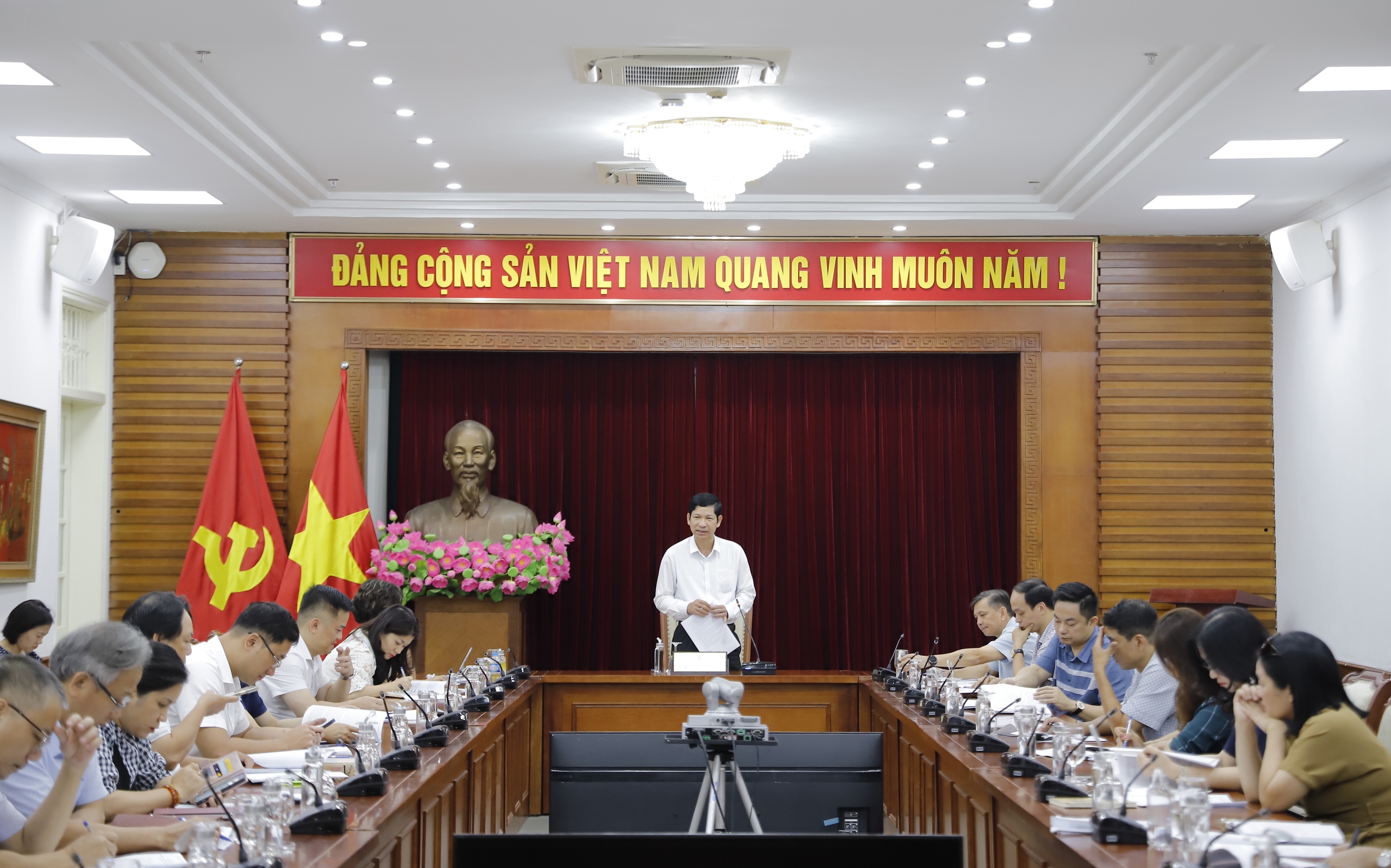
Deputy Minister Ho An Phong chaired the meeting of the Drafting Committee and Editorial Team to build the Strategy for the Development of Cultural Industries to 2030, with a vision to 2045.
Developing cultural industries is a consistent policy of the Party in all congresses. To concretize the Party's Resolutions, the Prime Minister issued Decision No. 1755/QD-TTg dated September 8, 2016 approving the Strategy for developing cultural industries in Vietnam until 2020, with a vision to 2030 (Decision No. 1755/QD-TTg). The initial results of implementing the Strategy have achieved certain achievements in raising awareness and affirming the importance of Vietnam's cultural industries in the overall development of the country.
After more than 8 years of implementing Decision No. 1755/QD-TTg, besides the achieved results, the process of implementing tasks to develop cultural industries still faces difficulties and limitations.
Recognizing the important role of cultural industries in the digital age, the smart age, at the 2021 National Cultural Conference, the late General Secretary Nguyen Phu Trong emphasized the requirement to "Urgently develop cultural industries, build a healthy cultural market", the 13th National Party Congress Document continued to emphasize and set out the task of "Urgently deploying focused and key development of cultural industries and cultural services on the basis of identifying and promoting the soft power of Vietnamese culture".
Therefore, it is necessary to build a Strategy for the development of cultural industries in the coming period, responding to the strong development of the world and the 4.0 industrial revolution, the task of promoting the development of cultural industries in a synchronous and modern direction to meet the requirements of international integration, while promoting the diversity of Vietnamese culture, continuing to promote an advanced culture imbued with national identity.

Director of the Copyright Office Tran Hoang speaks at the meeting.
Regarding the goal, the Cultural Industry is an industry that combines creativity, application of scientific and technological achievements, use of cultural values and protection of intellectual property rights with business skills to create products and services with cultural and economic values, meeting the needs of consumption and cultural enjoyment of the people, contributing to the sustainable development of the country.
Vietnam's cultural industries include 12 sectors: (1) cinema; (2) cultural tourism; (3) performing arts; (4) fine arts, photography and exhibitions; (5) advertising; (6) architecture; (7) design; (8) fashion; (9) handicrafts; (10) publishing; (11) television and radio; (12) software and entertainment games.
The goal is to develop cultural industries into important economic sectors, contributing to promoting culture and affirming Vietnam's national brand and position in the international arena.
Focused and key development, based on sharp thinking, sharp actions, choosing the best, breakthrough development so that cultural industrial products and services meet the factors of creativity, identity, uniqueness, professionalism, health, competitiveness, sustainability on the national, scientific, and popular foundation to promote and spread the cultural and historical values of the country and people of Vietnam, meeting the goal of sustainable development, promoting international exchange and integration and participating in the global supply chain.
By 2030, develop Vietnam's cultural industries into important economic sectors, focusing on developing a number of cultural industries with potential and advantages to achieve the goal of cultural industries contributing 7% of GDP.
By 2024, position the cultural industry as a key industry, striving for revenue to contribute 9% of GDP, attracting 6 million workers, accounting for 9% of the total labor force of the economy.
The next goal is for Vietnam to become the leading country in cultural industry development in Southeast Asia and one of the countries with a developed cultural industry in Asia. Cultural industries contribute to promoting the development of the country's creative economy and positioning Vietnam on the world development map in the smart era.
Delegates speak.
At the meeting, members of the Drafting Committee and Editorial Team gave their opinions and suggestions on the development orientation for cultural industries. Members of the Drafting Committee and Editorial Team also gave their opinions and proposed general tasks and solutions, specific tasks and solutions, and key tasks and solutions for each cultural industry.
Concluding the working session, Deputy Minister of Culture, Sports and Tourism Ho An Phong highly appreciated the efforts of the Copyright Office in developing the outline of the report on building the Strategy.
According to Deputy Minister Ho An Phong, the development of the Strategy for the Development of Vietnam's Cultural Industries to 2030, with a vision to 2045, aims to provide specific solutions and strategies to create "rebound" for our country's cultural industries in the coming time.
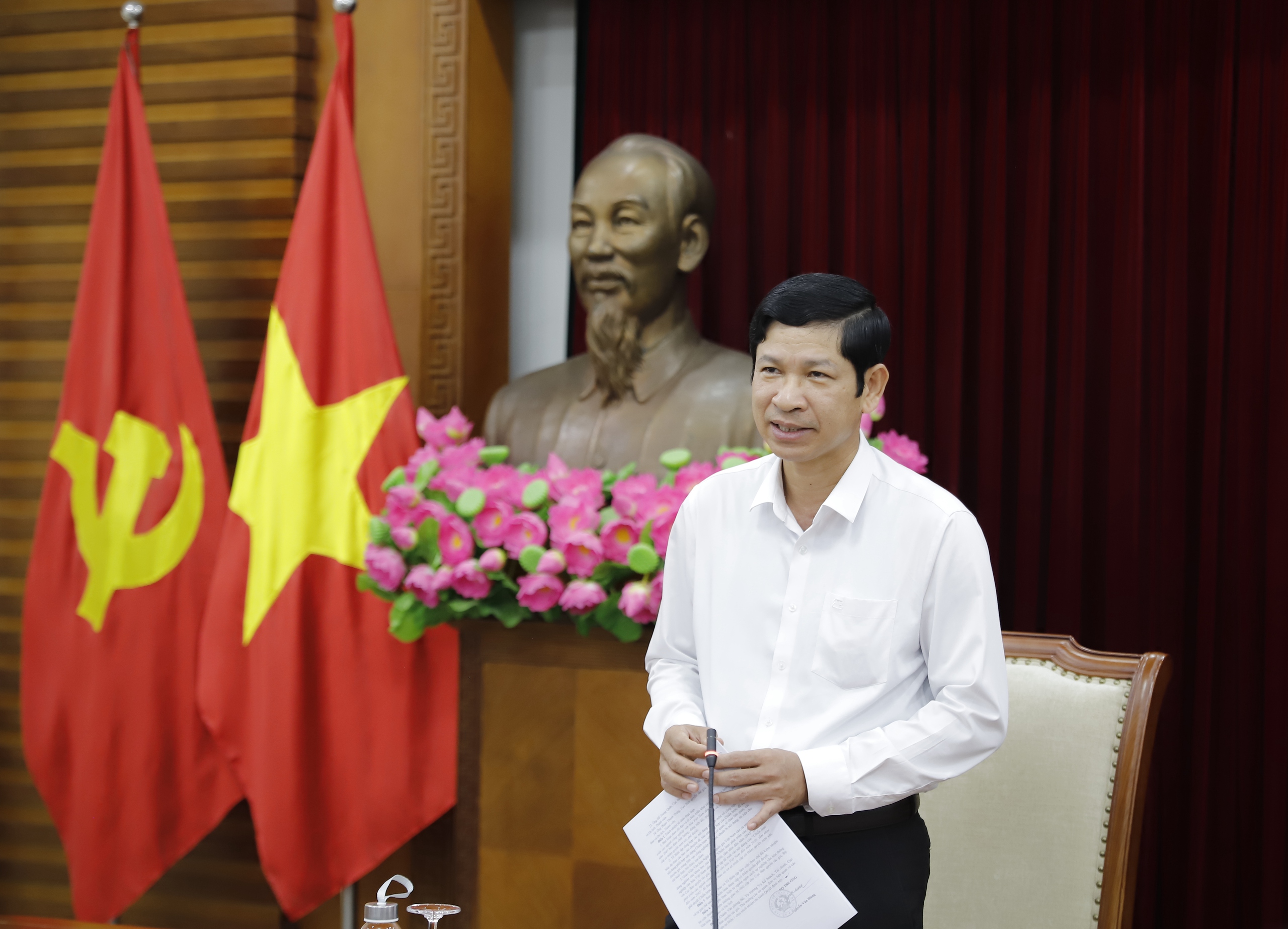
Deputy Minister Ho An Phong spoke at the meeting.
The Deputy Minister assessed that the development of the Strategy will face many difficulties because the Cultural Industry is a broad field, involving many Ministries and sectors. Therefore, the Deputy Minister suggested that the Copyright Office proactively coordinate with units under the Ministry of Culture, Sports and Tourism, and relevant Ministries and sectors in the process of developing the Strategy.
The contents of the Strategy must be carefully researched; have specific assessments and analyses based on the actual situation; inherit the results achieved in the previous period and study international lessons; strengthen international cooperation. In particular, it is necessary to follow the instructions of the Party and State leaders on the development of the cultural and industrial sectors. Based on the research results, turn this into a specific strategy. At the same time, select the key areas of cultural and industrial sectors for development.
The Deputy Minister also stated that the Strategy must affirm the potential, value and contribution of the cultural industries in the country's socio-economic development. With the comments made at the working session, Deputy Minister Ho An Phong requested the Drafting Committee and Editorial Team to seriously study and absorb them to ensure the progress and quality of the draft Strategy for the Development of Cultural Industries in Vietnam to 2030, with a vision to 2045.
Source: https://toquoc.vn/hoan-thien-chien-luoc-phat-trien-cac-nganh-cong-nghiep-van-hoa-viet-nam-2024101416074419.htm


![[Photo] Party Committees of Central Party agencies summarize the implementation of Resolution No. 18-NQ/TW and the direction of the Party Congress](https://vphoto.vietnam.vn/thumb/1200x675/vietnam/resource/IMAGE/2025/10/27/1761545645968_ndo_br_1-jpg.webp)
![[Photo] The 5th Patriotic Emulation Congress of the Central Inspection Commission](https://vphoto.vietnam.vn/thumb/1200x675/vietnam/resource/IMAGE/2025/10/27/1761566862838_ndo_br_1-1858-jpg.webp)

![[Photo] National Assembly Chairman Tran Thanh Man receives Chairman of the House of Representatives of Uzbekistan Nuriddin Ismoilov](https://vphoto.vietnam.vn/thumb/1200x675/vietnam/resource/IMAGE/2025/10/27/1761542647910_bnd-2610-jpg.webp)



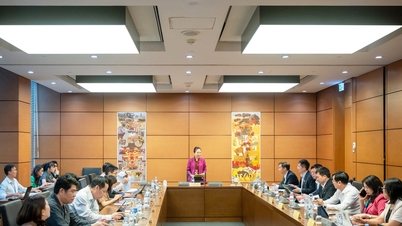

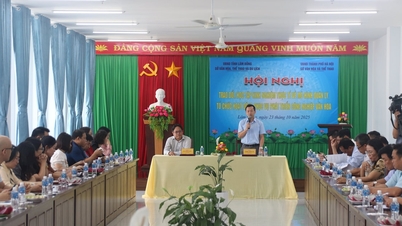



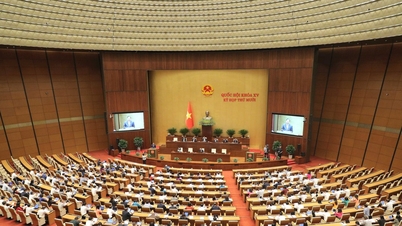




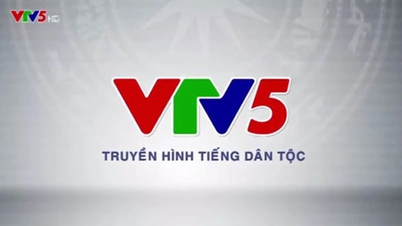












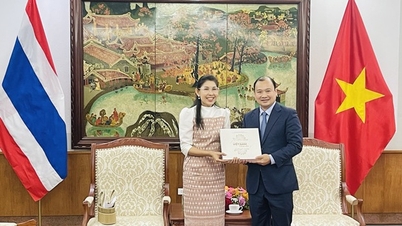
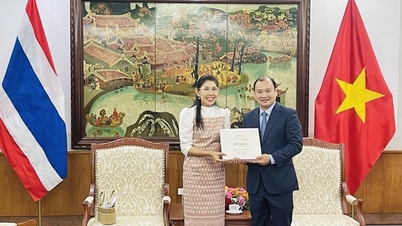






































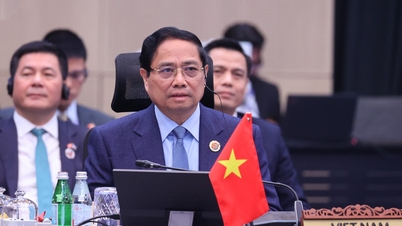







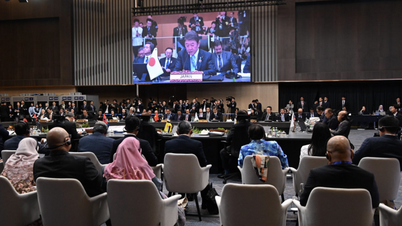



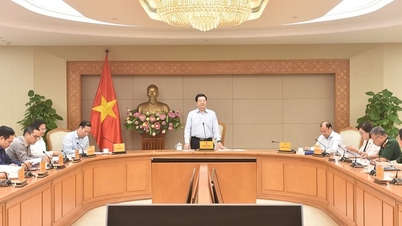

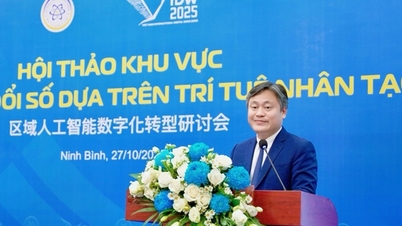
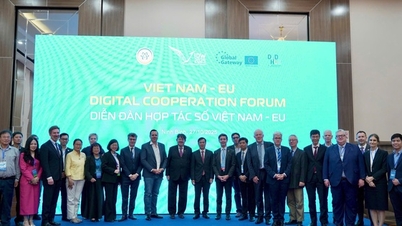
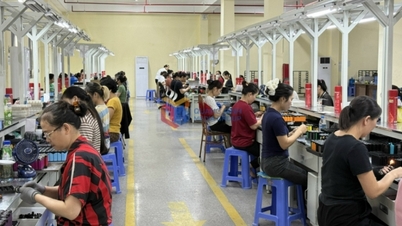





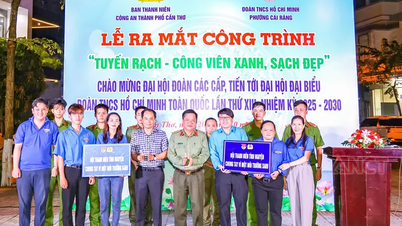
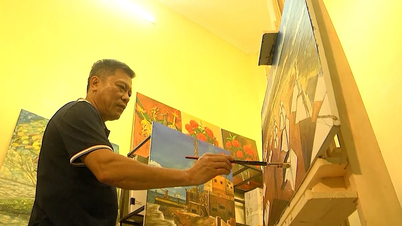

















Comment (0)